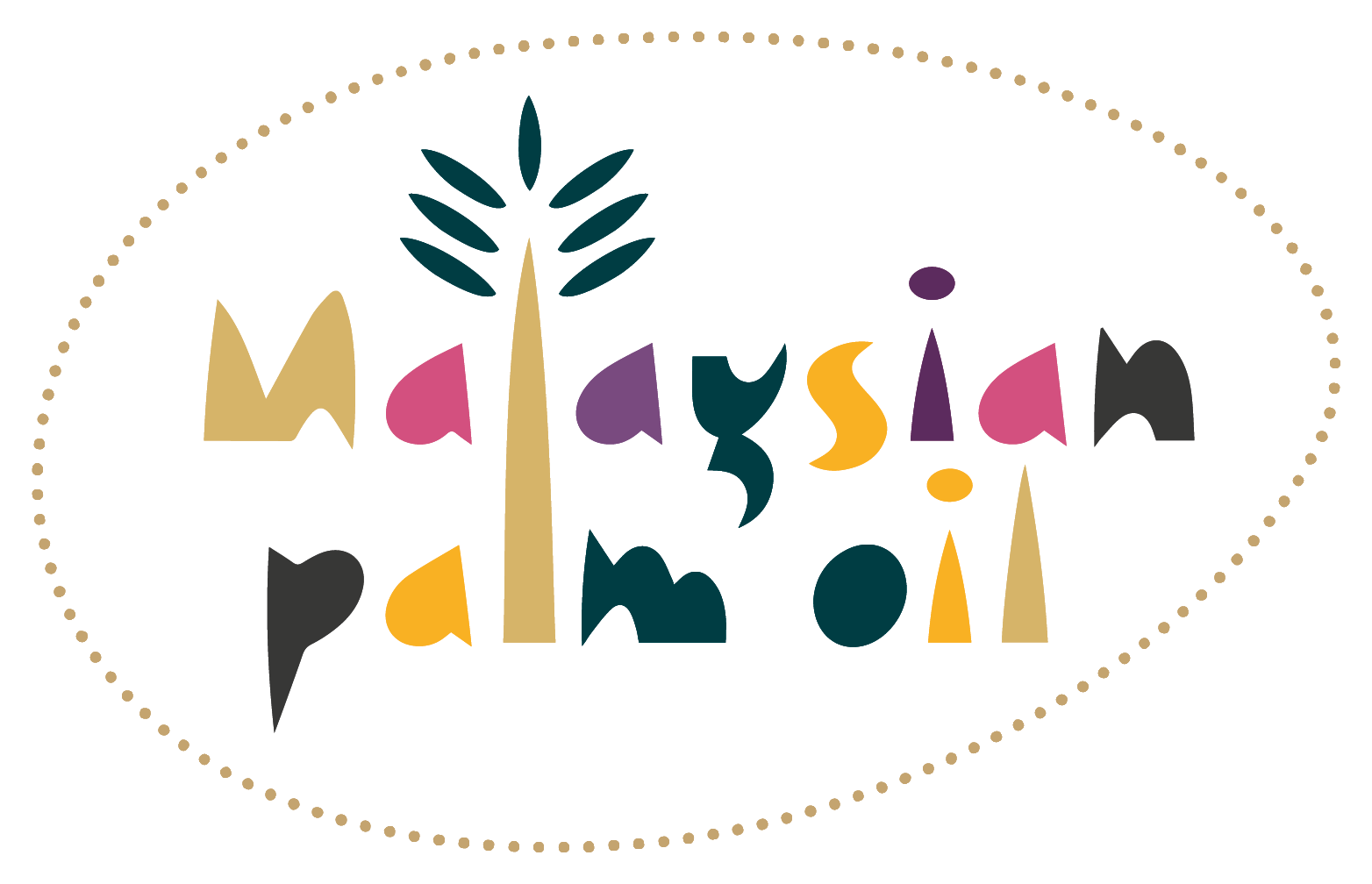By: Dr Jonathan Ellen
Is palm oil a seed oil?
No. Palm oil is a fruit oil.
Such a simple question and one with an equally simple answer.
Amazingly, the German Press Agency (DPA), one of the worldâs leading news agencies, does not know the difference. In an article âTests show reusing deep-fry seed oils could be a serious health risk,âDPA defines palm oil as a âseed oil.â This basic error calls into question the validity of what else is contended in the article.
Like olive oil or avocado oils, palm oil is derived from pressing the flesh, or mesocarp, of the fruit once it has been picked from the trees. Palm oil grows only in countries with a warm, humid climate â not in Europe or the U.S. â so perhaps the DPA staff have never seen a palm fruit. This is what is looks like. With a peachlike appearance, its soft flesh produces the oil.
These are fruit oils, completely unlike sunflower, rape or other seed oils. Simple.
Yet, there is a deeper point here worth exploring that speaks to four interesting, and linked, issues. First, current health fads (seed oils are unpopular); second, the spread of misinformation (palm oil is wrongly identified as a seed oil); third, poor knowledge about health and nutrition (palm oil is often maligned as somehow âunhealthyâ); and fourth, a growing paternalistic trend in the fields of nutrition and health (knee-jerk calls for bans or restrictions are now commonplace).
A helpful place to start would be the basic facts about fruit oils vs seed oils. This categorization is a state of nature, not a nutritional state. Some fruit oils, like olive, are lower in saturated fats. Other fruit oils, like avocado or coconut, are much higher. With what is effectively a 50-50 balance of unsaturated and saturated content, palm oil is right in the middle.
As an edible oil, palm oil has a wide range of uses, primarily in cooking. While much of Europe and the U.S. cooks with olive oil, nearly everyone else relies upon palm oil. In fact, it is by far the worldâs most-popular cooking oil. This is partly because itâs substantially lower cost. For those who canât afford organic extra-virgin olive oil, but also because the virgin red palm oil contains essential forms of vitamins A and E that enrich human health.
While itâs most popular outside the West, itâs also a very popular ingredient here, too. It can be found in favorite foods like baked goods, pastries, pasta, breads, pizzas, noodles and more.
It is particularly prized because it is free of trans fats, which many governments have banned or severely restricted. As regulators seek alternatives to trans fats, palm oil serves as a leading replacement fruit oil that can readily substitute.
And since palm oilâs balance of saturated and unsaturated fats means it does not need processing from liquid to solid, much like butter or coconut oil rather than sunflower or canola oil, the effect of palmitic acid on the HDL/LDL cholesterol ratio is neutral. This has been demonstrated conclusively by a significant study at the Mario Negri Institute for Pharmacological Research in Milan.
The nutritional and technical properties of different oils and fats is a complex area. Certainly, it is not as simple a question as my original query of âis palm oil a seed oil?â Nevertheless, it is surprising how much commentary on blogs or social media focuses on fads rather than facts. Coconut oil and palm oil, nutritionally, are essentially the same, and they are cultivated in the same countries. Coconut oil is more expensive and has higher saturated fat content. Coconut is fashionable and beloved among influencers; palm oil is maligned. Why? Outside of online trends, there is no good answer.
Facts matter, especially in the fields of health and nutrition. In age of paternalism and censorship, it is troubling that such online misinformation snowballs into policymaking. Today, parliamentarians in several European countries are trying to ban or restrict palm oil use, confirming this isnât mere hyperbole.
For those facing hunger, such efforts would be extremely problematic. Palm oil is inexpensive, especially compared to the alternatives, which allows for greater food security for the poorest among us. By banning or restricting its use, regulators would curb access to high-quality, low-cost foods while doing nothing to meaningfully address health challenges in these communities.
Encouraging consumers to boycott or switch, without regard for the science, is a mistake, irrespective of which product we are discussing. A balanced diet may be the oldest health advice in the book, but it certainly remains the best. The never-ending search to find a single culprit in worrying health trends might sell newspapers, but for patients, the solution is much simpler: eat a variety of wholesome foods in moderation, move our bodies and prioritize our wellness in body and mind.
Dr. Jonathan Ellen is the CEO of Labrador Health. He is the former physician-in-chief and CEO of Johns Hopkins All Childrenâs Hospital.
